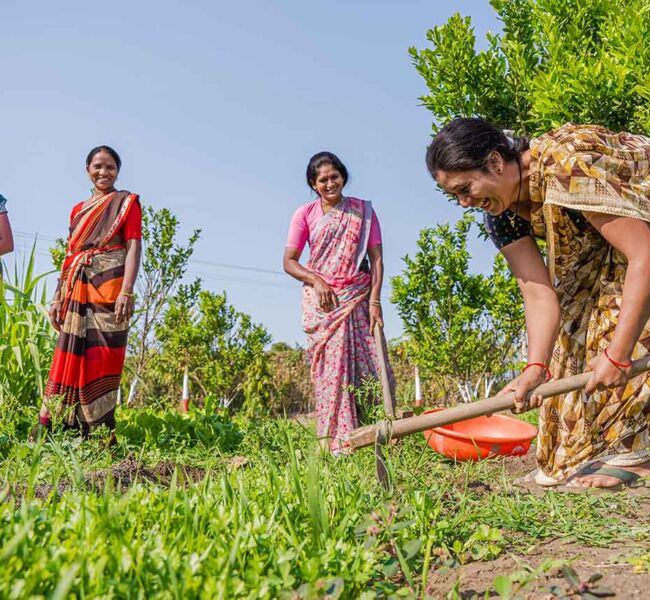There is no denying that ESG (environmental, social and corporate governance) and sustainability have become important areas of focus for businesses. Asia is fast catching up with other regions in terms of progress on this front with investors and consumers demanding more accountability for climate action.
The recent Bloomberg #SustainableBizSummit in Singapore gave an indication of what Asia’s leading decision-makers are thinking and talking about. We’ve highlighted some key terms from the discussion that we predict will shape discussions around ESG and sustainability in the coming year.
Just Transition
Conversations around progress towards a low carbon future will take into account the “S” in ESG. While it is important to address the climate crisis and fund solutions, there is recognition that these changes need to consider the impact on people and their livelihoods.
This is best encapsulated in the term ‘just transition’ which has been part of the global climate discourse since the 2015 Paris Agreement. It refers to maximising the social and economic opportunities of climate action – in other words, ensuring that no one is left behind through social inclusion and poverty eradication.
One example in the context of Asia is the coal sector. Energy is critical to national development because it powers many critical industries. In Southeast Asia, for example, 43% of electricity generation was derived from coal in 2019. Many of us understand the urgency in phasing out coal to reduce emissions, limit the impact of global warming to 1.5°C and improve public health, yet consider the human impact if coal was banned overnight. The International Labour Organization (ILO) estimates that moving away from fossil fuels would impact half a million jobs in Southeast Asia alone.
Just transition policies include considering skills development and active labour market policies that help those in coal-dependent jobs to transition to green economy jobs without losing their livelihoods. The process will take time, but it helps ensure that everyone can benefit from a net zero society.
For businesses in the process of shaping or communicating new sustainability policies, it would be key to acknowledge how these changes will impact communities or people, and highlight measures to support them through the transition.
Scope 3
Climate commitments to net zero will start to focus on supply chain emissions, also known as Scope 3 emissions. According to research by Carbon Trust, Scope 3 emissions represent 65% to 95% of most companies’ carbon impact.
For many businesses, especially those with diversified operations or globalised supply chains, this will require working closely with partners on solutions, even considering KPIs and training as partnership tools.
One key challenge, however, is that companies may find it hard to track all Scope 3 emissions because it requires data from outside the company. A great metaphor from the Summit is how tracking Scope 3 emissions are akin to tracing back our DNA connections. Just like how we may not know all our DNA connections, fully understanding the reach and impact of supply chains can be as challenging.
Expectations among stakeholders are evolving as more demand that businesses address Scope 3 emissions as part of their climate commitments. Businesses will need to be intentional with aspects of their operations that have the biggest material impact as they progress – and communicate – on their climate goals.
Biodiversity
Home to 17 of 36 global biodiversity hotspots, around 200 million people depend on the forests of Asia Pacific for their livelihood. In Southeast Asia alone, a recent report found that the region’s nature provides over US$2 trillion in economic benefits annually. However, its diverse biological resources are under threat with projections of loss of species and more.
With global efforts to address climate change underway, there will be more attention on protecting biodiversity while recognising the connections between nature and the climate. All eyes will be on COP15 for Biodiversity in December 2023, where world leaders will put together a framework on biodiversity goals to address nature loss.
For businesses, efforts on ESG and sustainability will not end with addressing problems, but focus on being nature positive. This means leaving behind an environment or community where biodiversity is restored. Some of the most exciting developments on this front are in nature-based solutions. When it comes to food production for example, innovations to promote agroforestry or regenerative agricultural techniques are coming back on a bigger scale than ever.
Janissa Ng is a Senior Account Director at Spurwing Communications and chair of the Sustainability Group at PRCA Asia Pacific.





